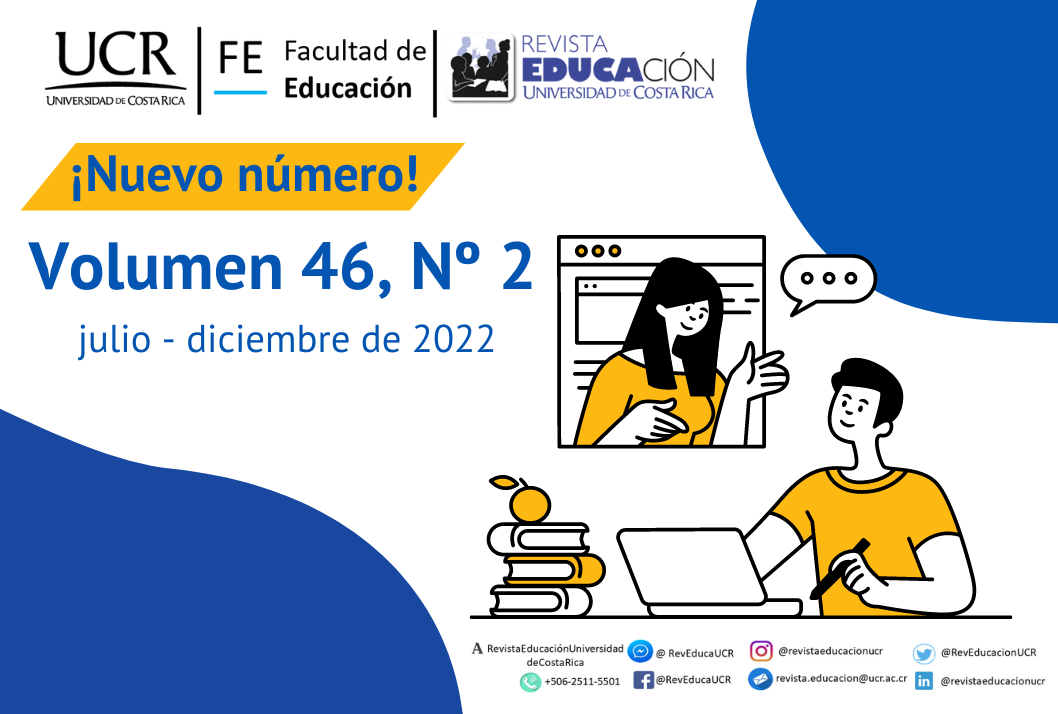Abstract
Since evaluation as a component of the teaching-learning process needs to be constantly studied, this paper aims to propose a rubric that contributes to evaluating the geographic socio-economic competences of the students of the Licenciatura’s Degree in Geography Education during the development of the field practice. In the methodological design, the investigators used qualitative research and employed methods at the empirical level such as the review of documents (the program of the Economic and Social Geography discipline, the study plan and the current study plan, and the bibliography about the rubrics and competency-based training). The authors applied the survey to the students to identify the deficiencies and the degree of satisfaction with the evaluation that is used; moreover, they applied the interview to the teaching staff and the participant observation to appreciate the form and efficiency of this evaluation. The discussion group contributes to shape the socioeconomic competencies and the rubric for their evaluation. Therefore, this paper concludes that the design of rubrics to evaluate the socioeconomic-geographical competences, in the field practice, represents a current need in the program of the discipline Economic and Social Geography for they constitute a novel instrument to evaluate such competences, transforming the historical form of evaluation to obtain an active role of students and teachers, by having defined, the elements of achievement. Hence, the authors consider that this modality is more fair, personalized, and differentiated as for the qualification since it avoids the subjectivity of the teacher.







